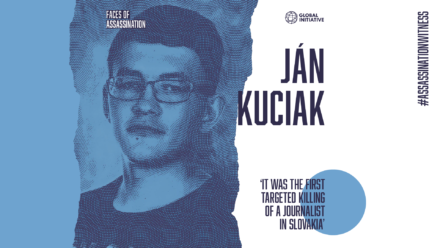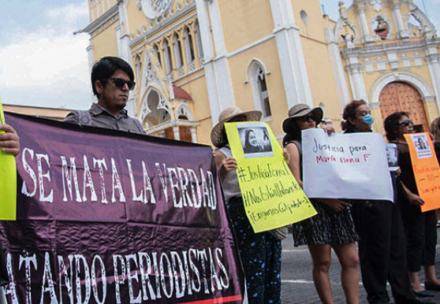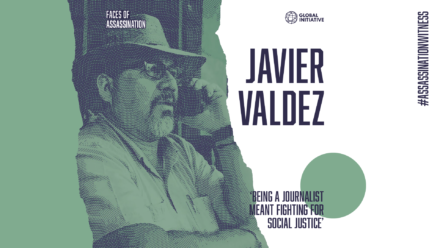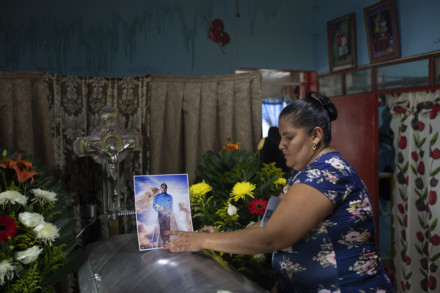In memory of Mexico's mothers
The double tragedy of the search for the disappeared
Posted on 30 Aug 2023
Between October 2020 and May 2023, at least eight women were murdered while searching for their relatives in Mexico. Their stories highlight the dangers of advocating for the disappeared.

In Mexico, the high number of disappeared people has become critical, with over 110 000 people recorded as missing since 1964 – a number that skyrocketed after President Felipe Calderón declared the war on drugs and organized crime in 2006, and has continued to rise under subsequent administrations.
Criminal groups, acting alone or in collusion with state actors, are believed to be responsible for many of these cases.
Prominent cases such as that of Sandra Luz Hernández, who was murdered in Culiacán in 2014 after allegedly meeting with an informant who promised to provide information on the whereabouts of her disappeared son, or Marisela Escobedo, who became an activist after the murder of her daughter in Chihuahua and was killed in front of a government building in 2010, highlight how disappearances enable other forms of violence that threaten the lives and well-being of family members, and others close to the disappeared, who seek justice. Frustrated by systemic obstacles and with very few resources, which they often have to provide themselves, they carry out search operations in remote and hard-to-reach places, often without the protection and support of the authorities.
Between October 2020 and May 2023, at least eight women were murdered while searching for their relatives in Mexico. Their stories highlight the dangers of advocating for the disappeared. Today, we remember these women and join the calls for justice, demanding accountability and meaningful action to end this cycle of impunity.


































































